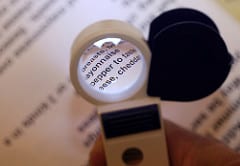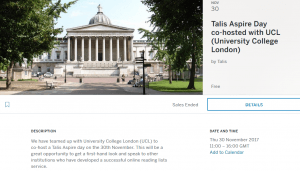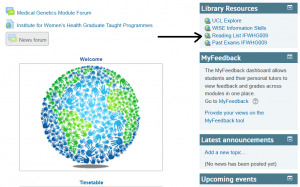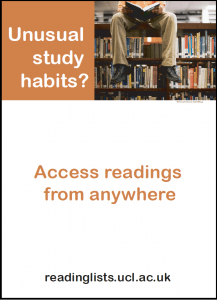New Module Codes for 2018-19
By Hazel M Ingrey, on 13 June 2018
You may have heard of the Academic Model Project, a project to update all UCL module codes. Whilst you may be dealing with the extra work around this for your teaching, please spare a thought for how it will affect your online reading lists!
- The current 2017-18 module codes remain on the existing online reading lists for any remaining exams, re-sits and continuing students.
- Around the week of 2nd July the new instance of Moodle will be made available, with new module codes.
- Around 17th July, ReadingLists@UCL will have its annual ‘rollover’ where lists are archived and a duplicate copy made for 2018-19. The archived list will have the ‘old’ module code on it when archived.
- From around 19th July onwards we will upload new module codes to the reading lists hierarchy and link the new lists to their new module code. Once this is done, new Moodle courses will link to the correct reading list via the ‘Library Resources’ block.
- Reading lists can be edited at any time and still found by their module title from the home page search: there is no break in being able to update them.
Despite best efforts there is likely to be some messy cross-over between old and new module codes, but we hope this catches the best time to make the switch and still be ready for August when departments might be updating Moodle.
Let us know if there is anything not covered here that might affect you! Liaison and site librarians have also been informed and are your contact for other library issues, so do get in also touch with them.
 Close
Close













